Ketogenic Diet and Cancer
Use a ketogenic diet and cancer goes away? Really? That's a pretty big claim! Let's have a look at the role of a keto diet and how sugar may be linked to cancer.
Understanding the Sugar-Cancer Connection
While research is ongoing, some studies suggest a link between high sugar intake and an increased risk of certain types of cancers. You’ve likely already heard the phrase “sugar feeds cancer”, but what does it really mean?
Here’s what you need to know.
First, it’s important to know that sugar, in the form of glucose (blood sugar), is a vital source of energy for our bodies. Every cell, including our healthy and cancerous cells, relies on glucose to function. BUT the way cancer cells metabolize sugar differs from the way healthy normal cells metabolize sugar.
Just as an aside, your body makes its own glucose without you having to eat sugar in any form. How about that? So, eat a ketogenic diet and cancer risks begin to improve.
Let’s look at cancer metabolism.
Cancer cells have a reputation for growing and dividing very quickly. To support this hectic activity, these cells often consume glucose much faster than normal cells do. This process is known as glycolysis, which converts glucose into energy at turbo speed. And that makes cancer cells grow much faster than healthy cells.
What about the role of insulin?
Another critical player in this puzzle is insulin, a hormone released by the pancreas when we consume sugar or carbohydrates. Insulin transports glucose into our cells for energy. However, diets high in sugar and carbs lead to insulin resistance, a condition where cells fail to respond effectively to insulin. This can result in elevated insulin levels, which have been linked to certain types of cancers.
Studies suggest that high insulin levels may increase the risk of cancers, including breast, colon, and prostate cancers. By managing our sugar intake or better yet, avoiding sugar altogether, we can maintain a healthy weight. We can also help keep insulin levels in check, which means lowering the risk of developing some cancers.
Eat a ketogenic diet and cancer risks begin to improve.
Research indicates that cancer development is influenced by various factors, including genetics, environment, and lifestyle choices. Factors such as smoking, physical inactivity, and a diet high in processed foods also play significant roles in cancer risk. So, besides cutting out sugar, we need to be maintaining a balanced diet and a healthy lifestyle.
What does that all mean?
So, what can we do to support our health and potentially decrease our cancer risk? Here are some practical tips:
1. Avoid sugary drinks, snacks, junk food and desserts. Instead, satisfy your sweet tooth with naturally sweet options like a few berries.
2. Stay active as best as you can. Physical activity helps lower insulin levels and contributes to overall well-being.
3. Stay on top of your health with routine check-ups and screenings for early cancer detection.
In summary, while sugar plays a role in cancer development, it’s just one piece of a much larger puzzle. By understanding the dynamics at play and making healthier lifestyle choices, we can take an active role in enhancing our health.
I’d be remiss if I didn’t share a fabulous YouTube video featuring Dr. Thomas Seyfried. He’s one of those doctors who can explain things in such a way that’s educational and entertaining at the same time. You will learn a lot from this. It’s a must-watch! Access it by clicking here.
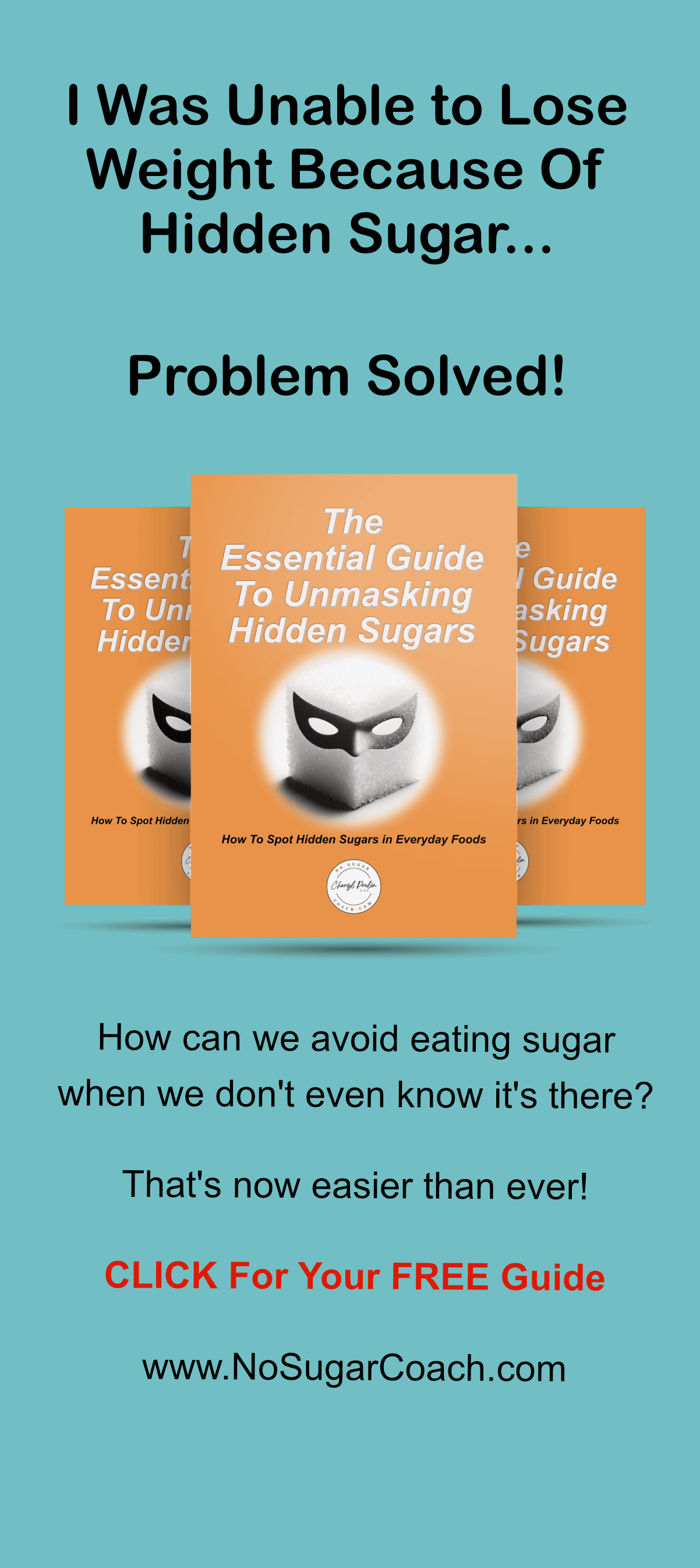
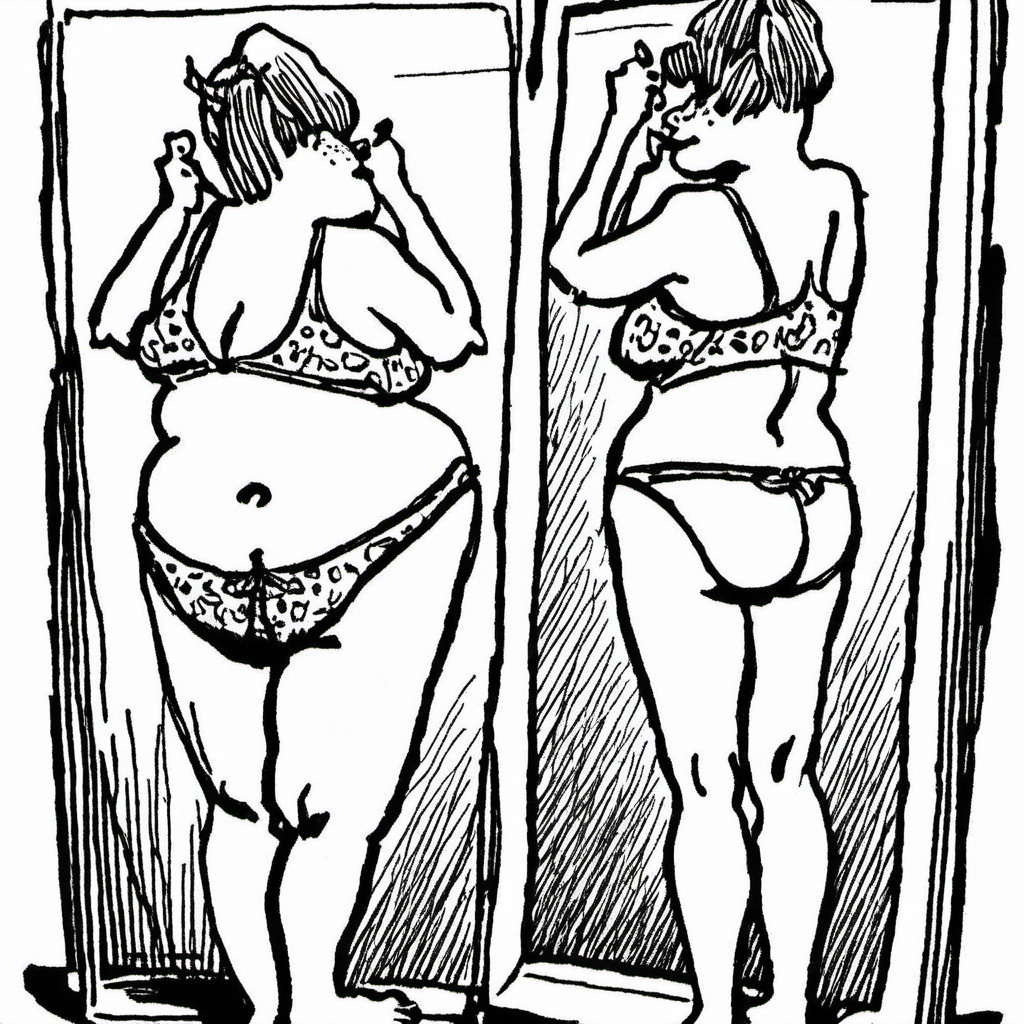
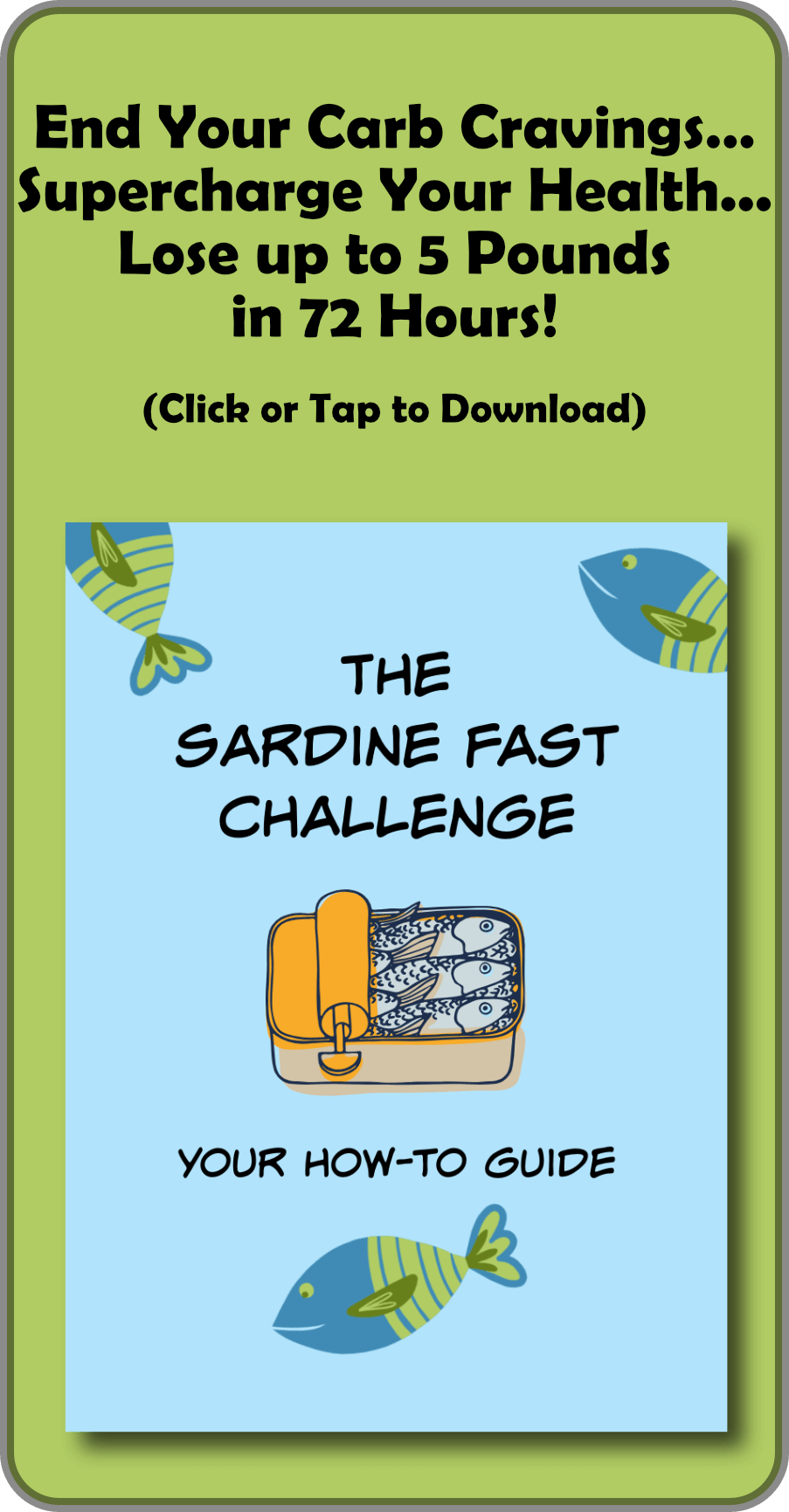
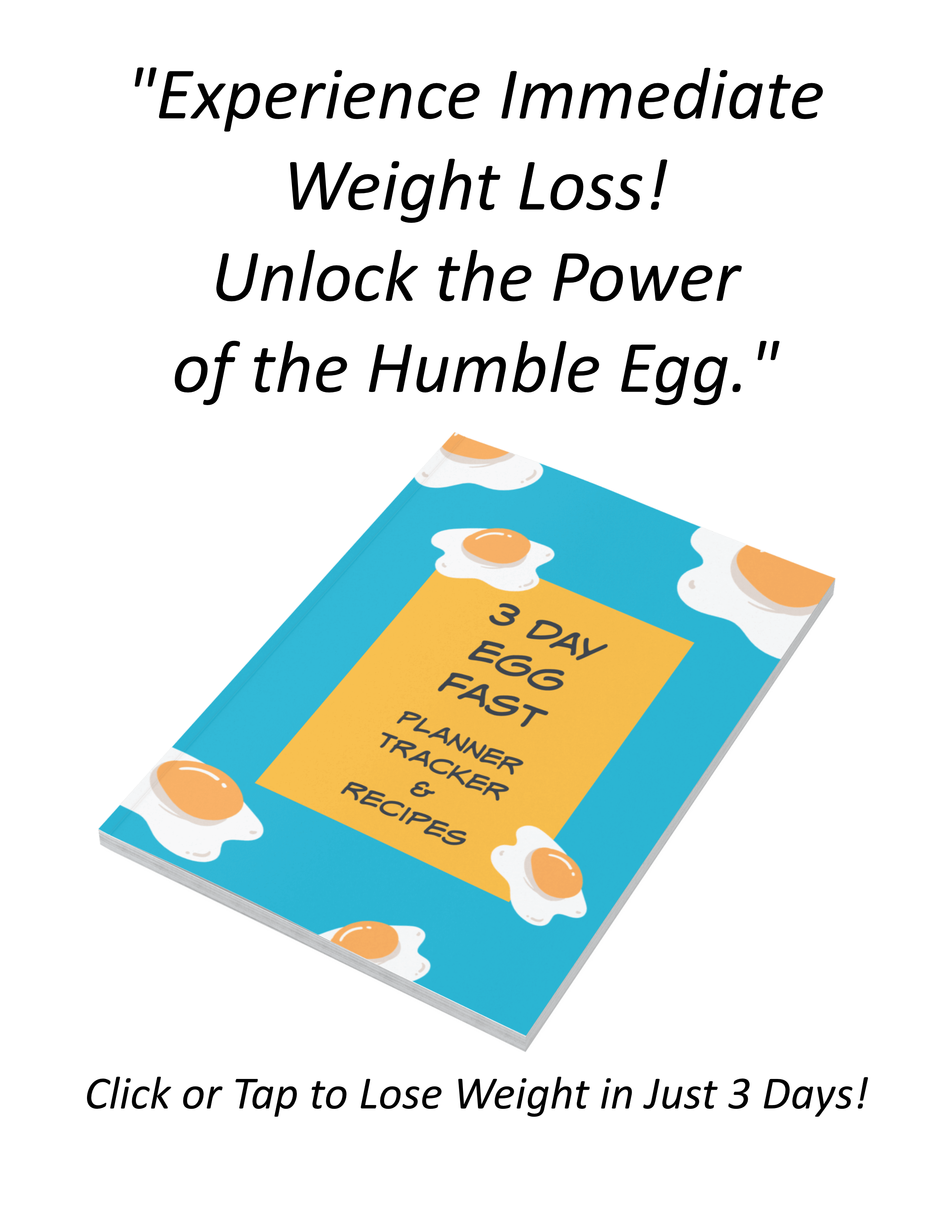

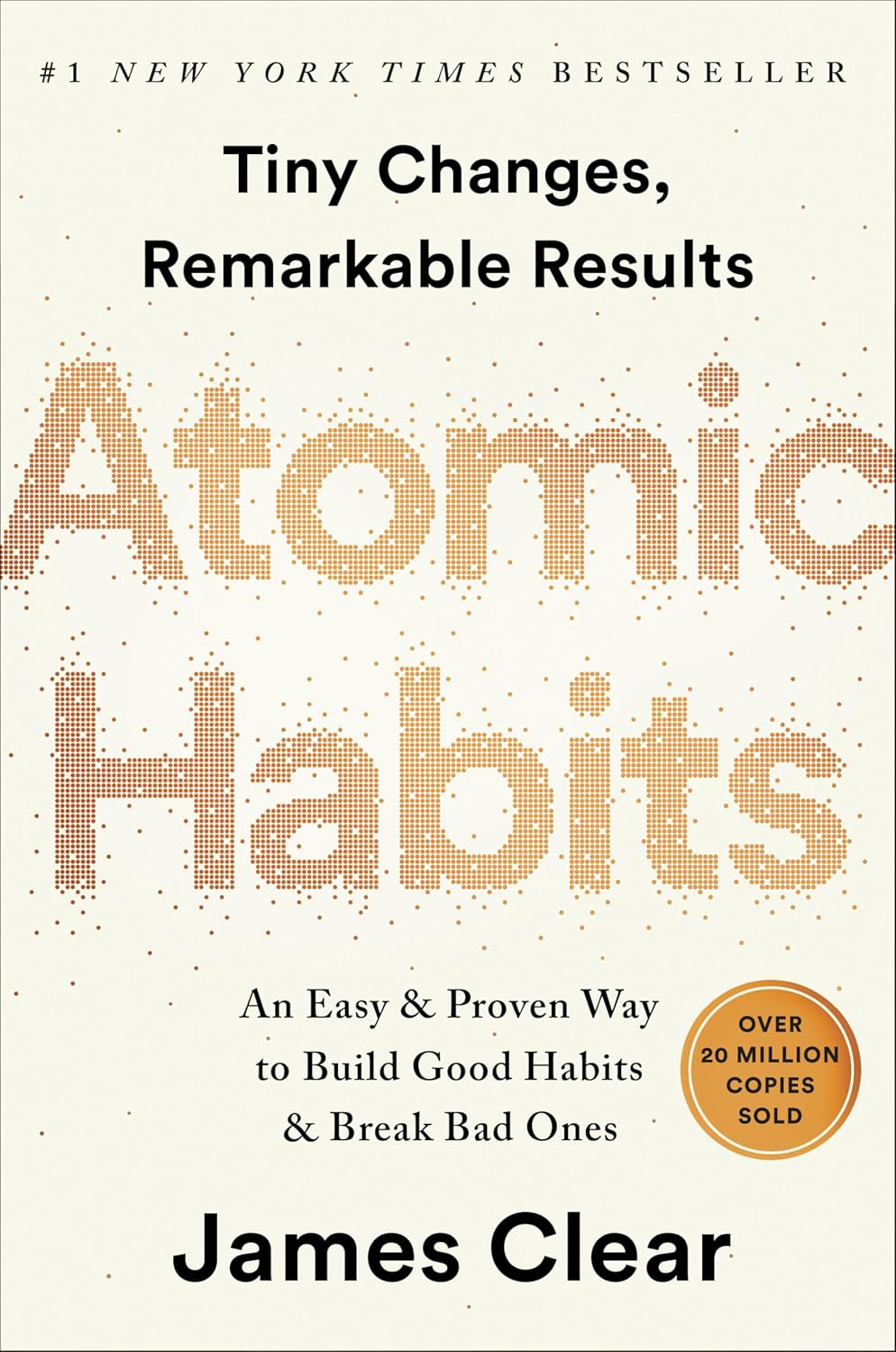
New! Comments
What do you think about what you have read on this page? I'd love to know! Leave me a comment in the box below.